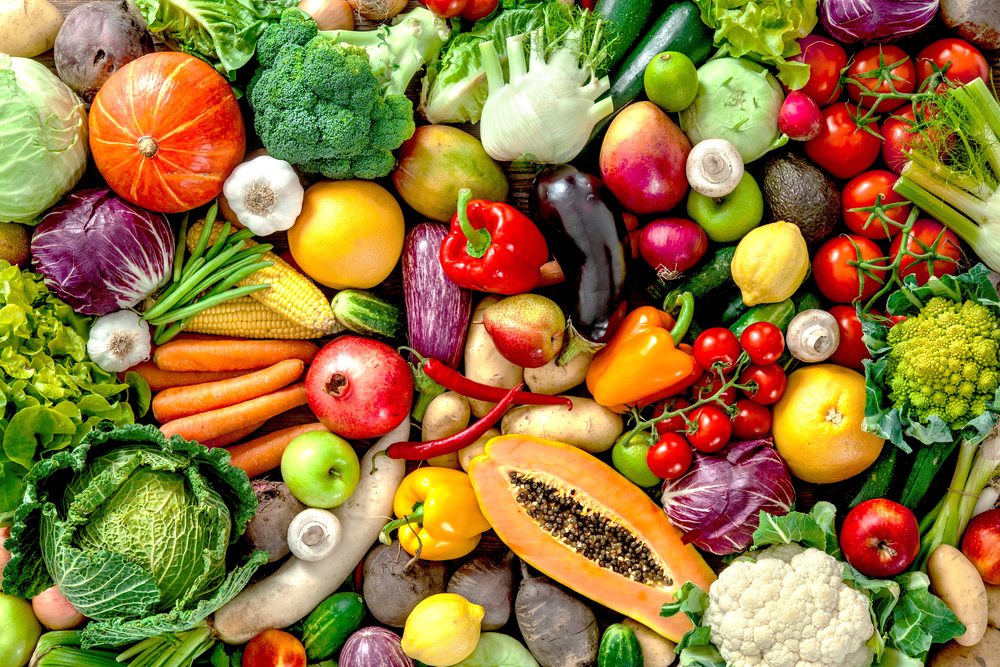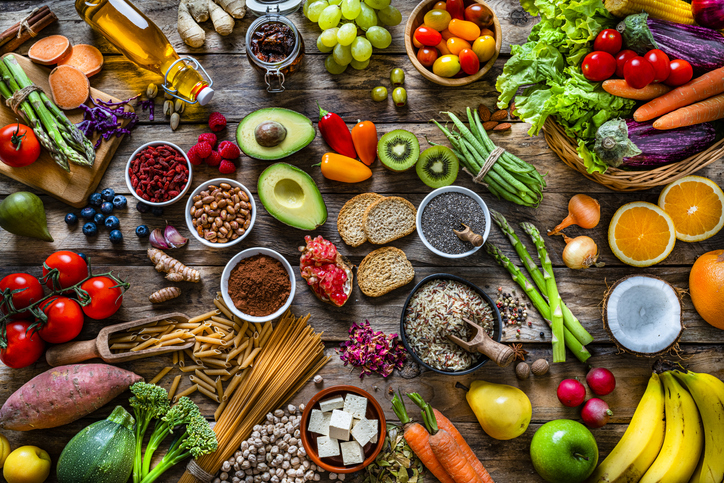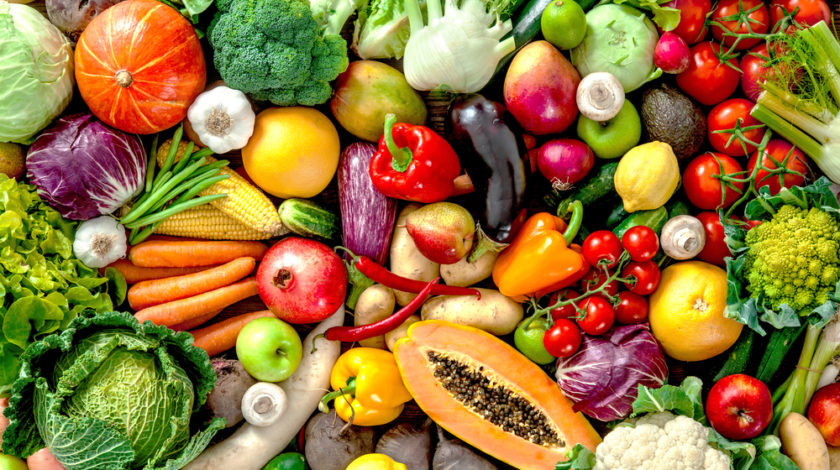7 nutrients that are vital for your body needs
Anything that provides nourishment necessary for growth and the maintenance of life is a nutrient. This includes macronutrients and micronutrients including amino acids and fatty acids.
Lots of nutrients are good for us, though, there are a few that we need to be especially aware of to include them into our diets.
#1 – Water
It is really crucial to keep yourself hydrated. Water is totally vital for survival, particularly as it makes up to 70 per cent of the adult human adult. Days spent without hydrating yourself will lead to serious health problems.
Water it is very important for temperature regulation and waste removal.
#2 – Carbohydrates
Carbohydrates are necessary for proper body function. Carbs break down into glucose, which is your body’s and brain’s general fuel.
Carbs make certain that your body is not breaking down proteins to gain energy, averting loss of muscle mass.
In order to break down, complex carbohydrates take longer time and therefore keep you fuller for longer period.
Healthy complex carbohydrates are: Whole grains, fruits and vegetables.

#3 – Protein-amino acids
Protein is essential for good health. Protein is necessary in creating new hormones and enzymes and forming muscles.
Small building blocks called amino acids constitute proteins. In total, there are twenty amino acids, though, among them are nine most important. These amino acids are as follows: 1) Histidine; 2) Isoleucine; 3) Leucine; 4) Lysine; 5) Methionine; 6) Phenylalanine; 7) Threonine; 8) Tryptophan; 9) Valine.
#4. – Fat
Fat is a crucial nutrient that helps protect organs and increases absorption of vitamins.
As you know, trans fats are quite harmful. They are found in baked and processed foods, they grow the risk of heart disease and should be mostly avoided.
#5. – Vitamins
A vitamin is an essential micronutrient and an organic compound that the body needs in small amounts. The indispensable vitamins are as follows: 1) Vitamin A; 2) Vitamin C that is necessary for muscle and bone structure and immune support; 3) Vitamin E that is vital for skin and; 4) Vitamin D needed for eye health for bone growth, cardiovascular and nervous health 5) B vitamins.
#6. – Minerals
Minerals that are micronutrients are also very much important. 7 necessary minerals are as follows: 1) Sodium; 2) Iron; 3) Potassium; 4) Calcium (essential for the bones and immune system); Magnesium; 5) Zinc; 6) Phosphorus.

#7. – Omega-3 fatty acids
Omega – 3 fatty acids may aid heart function and optimize brain health. Your body cannot create omega -3, unlike other fatty acids, so it is very important to have sources of it in your diet.
Sardines, salmon and mackerel contain active omega – 3 fatty acids, that do not need much energy for the body to use.
Plant based sources involve walnuts, chia seeds, flax. These foods contain an inactive type of omega-3 that your body has to convert before it can use, and only in small quantity. If you are on a restrictive diet, include fish oil or algae-based supplements.
